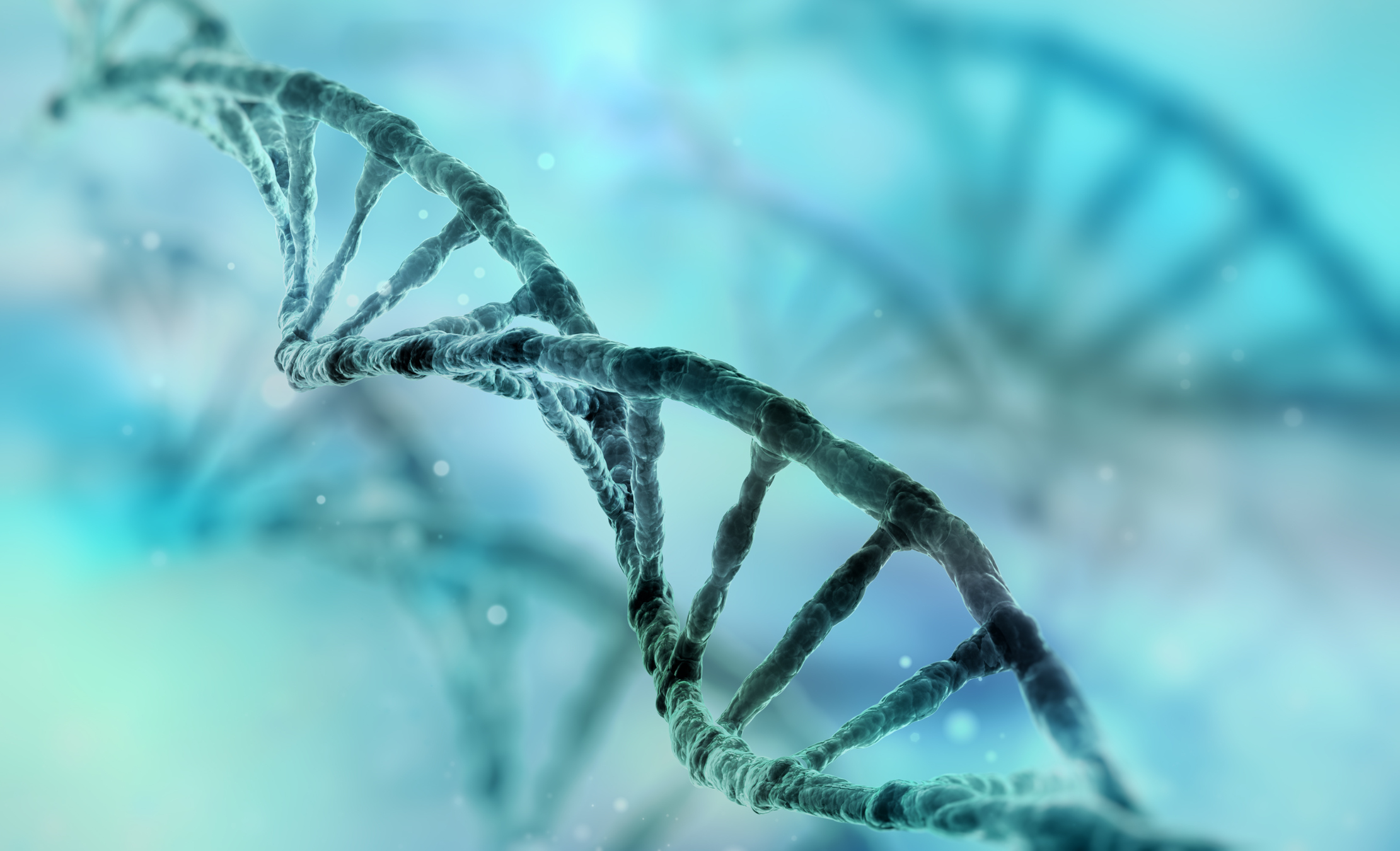Tag: Research
-

Encoding Hierarchical Assembly Pathways of Proteins
Northwestern investigators have identified a novel approach to control the hierarchical assembly of protein pathways with DNA, which may facilitate the construction of synthetic protein materials.
-

Cultivating Africa’s Research Enterprise
Through the Robert J. Havey, MD Institute for Global Health, Feinberg faculty across disciplines are training investigators from Africa, many of whom are enrolled in Feinberg graduate programs, on how to effectively conduct research about diseases currently impacting their home countries.
-

How Cells Defend Against Influenza A Virus
Human cells use a protein named TBC1D5 to “trap and kill” influenza A viruses inside host cells, but the virus encodes its own protein to disable this defense.
-

Of Balding Mice and Men and Women
A newly discovered cause of balding in aging male mice could reveal a cause of hair loss in men and women as well, reports a study from Northwestern Medicine scientists.
-

$18 Million For Parkinson’s Disease Research to Study Brain Circuits Driving Symptoms
Northwestern University scientists have received two awards totaling nearly $18 million to address key knowledge gaps in the basic circuit mechanisms that contribute to the development and progression of Parkinson’s disease.
-

Study Finds Financial Incentives for Low-Risk Clinical Trials are Ethical
In one of two low-risk randomized clinical trials, financial incentives increased study participation, and the use of financial incentives in both trials were deemed not unethical, according to recent findings.
-

One Coronavirus Vaccine May Protect Against Other Coronaviruses
Coronavirus vaccines and prior coronavirus infections can provide broad immunity against other, similar coronaviruses, paving the way for future universal coronavirus vaccines.
-

Anti-Cancer Inhibitor Could Have Dual Effect
TG2, an enzyme known to help cancers spread more quickly, also plays a role in regulating T-cells — opening the door to dual inhibition, according to a recent Northwestern Medicine study.
-

Lurie Cancer Center Receives Merit Extension from NCI
The Robert H. Lurie Comprehensive Cancer Center of Northwestern University has received a Merit Extension Award from the National Cancer Institute, one of only two Comprehensive Cancer Centers in the nation to earn the recognition.
-

For Every Man: Northwestern Investigators’ Critical Impact on Prostate Cancer
From teasing out determinants of health disparities to developing precision medicine treatments, clinicians and scientists from the Lurie Cancer Center are dramatically changing the landscape for all men with prostate cancer.






